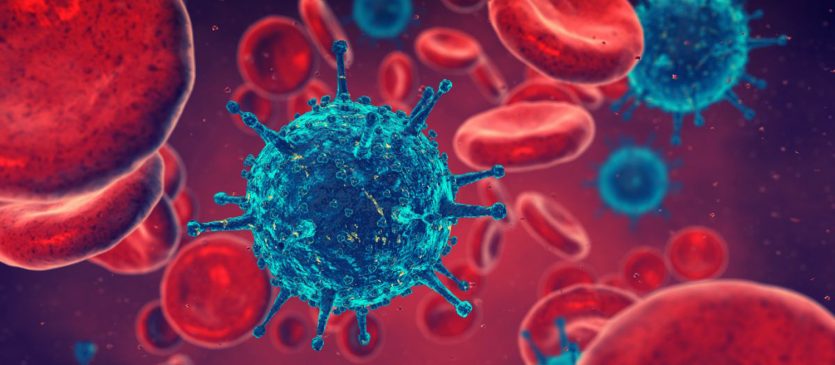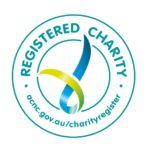If you’ve been diagnosed with cancer, knowing what to expect and making plans for how to proceed can help make this stressful time easier.
As your regular Blog writer and having passed the three score years and ten ‘biblical hurdle’ I considered myself to be bullet proof until November last year. Learning that I had cancer was a difficult experience. After my initial diagnosis I opted for glorious denial!
From what I now understand as being relatively normal I then went through a period of feeling anxious, afraid, overwhelmed and wondering how I was going to cope during the days ahead.
This is what is working for me:
Get the facts about your cancer diagnosis
Try to obtain as much basic, useful information about your cancer diagnosis as you need in order to make decisions about your care.
Write down your questions and concerns beforehand and bring them with you. Consider asking:
- What kind of cancer do I have?
- Where is the cancer?
- Has it spread?
- Can my cancer be treated?
- What is the chance that my cancer can be cured?
- What other tests or procedures do I need?
- What are my treatment options?
- How will the treatment benefit me?
- What can I expect during treatment?
- What are the side effects of the treatment?
- When should I call the doctor?
- What can I do to prevent my cancer from recurring?
- How likely are my children or other family members to get cancer?
Consider bringing a family member or friend with you to your first surgeon’s appointments to help you remember what you hear (I had three of my sons and my wife with me!).
You might also want to consider how much you want to know about your cancer. Some people want all the facts and details, so they can be very involved in the decision-making process. Others prefer to learn the basics and leave details and decisions to their doctors. Think about which approach works best for you. Let your health care team know what you’d prefer.
Keep the lines of communication open
Maintain honest, two-way communication with your loved ones, doctors and others after your cancer diagnosis. You may feel particularly isolated if people try to protect you from bad news or if you try to put up a strong front. If you and others express emotions honestly, you can all gain strength from each other.
Anticipate possible physical changes
Now – after your cancer diagnosis and before you begin treatment – is the best time to plan for changes. Prepare yourself now so that you’ll be better able to cope later.
Ask your doctor what changes you should anticipate. If drugs will cause hair loss, advice from image experts about clothing, makeup, wigs and hairpieces may help you feel more comfortable and attractive.
Members of cancer support groups may be particularly helpful in this area and can provide tips that have helped them and others.
Also consider how treatment will impact your daily activities. Ask your doctor whether you can expect to continue your normal routine. You may need to spend time in the hospital or have frequent medical appointments. If your treatment will require a leave of absence from your normal duties, make arrangements for this.
Maintain a healthy lifestyle
This can improve your energy level. Choose a healthy diet consisting of a variety of foods and get adequate rest in order to help you manage the stress and fatigue of the cancer and its treatment.
Exercise and participating in enjoyable activities also may help. Recent data suggest that people who maintain some physical exercise during treatment not only cope better but also may live longer.
Let friends and family help you
Often friends and family can run errands, provide transportation, prepare meals and help you with household chores. Learn to accept their help. Accepting help gives those who care about you a sense of making a contribution at a difficult time.
Also encourage your family to accept help if it’s needed. A cancer diagnosis affects the entire family and adds stress, especially to the primary caregivers. Accepting help with meals or chores from neighbours or friends can go a long way in preventing caregiver burnout.



